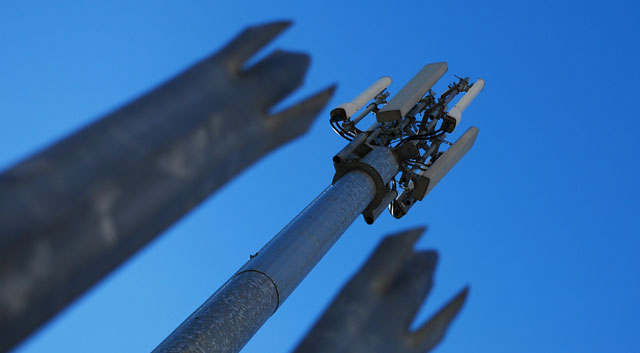
The failure to get access to additional radio frequency spectrum is forcing MTN South Africa to spend more on its network that it otherwise would have had to.
MTN South Africa interim chief technology officer Babak Fouladi – who also serves as group CTO – said on Thursday that the operator is being forced to densify its network to cope with the lack of spectrum as demand for data from consumers continues to expand rapidly.
Fouladi also warned that a plan by government to allocate new mobile spectrum to a wholesale open-access network (Woan) instead of on an exclusive-use basis to operators is untested and a big risk. The plan is contained in the national integrated ICT policy white paper, published last month. He said MTN is “working” with the ministry of telecommunications & postal services to impress on officials of the need to make additional spectrum available using a model — the spectrum auction — that has proved successful elsewhere.
He said Mexico has been cited as an example of a successful Woan implementation. “It isn’t. It was taken away and not tried. Auctions are a tried and tested process. There’s transparency there.”
Communications regulator Icasa had planned to license spectrum through an auction process, but was halted in its tracks after its plans were successfully challenged in the high court by telecoms minister Siyabonga Cwele. Icasa is understood to be still keen to press ahead with the auction, though a spokesman could not immediately be reached for comment on what it plans to do in this regard.
Though MTN can address the lack of spectrum by building more base stations and “densifying” its network, this is expensive and wouldn’t be necessary otherwise. Also, site acquisition for new base stations is difficult, especially in urban areas, Fouladi said.
And investing in fixed-line infrastructure such as fibre to the home doesn’t solve the problem. “FTTH investment will continue, but that has its own place and mobility has its own. You can’t replace mobile with an alternative access method.”
If MTN (and other operators) could get access to the “digital dividend” bands being used by analogue broadcasters, they could roll out significant broadband infrastructure in rural areas, too, Fouladi said. – © 2016 NewsCentral Media




